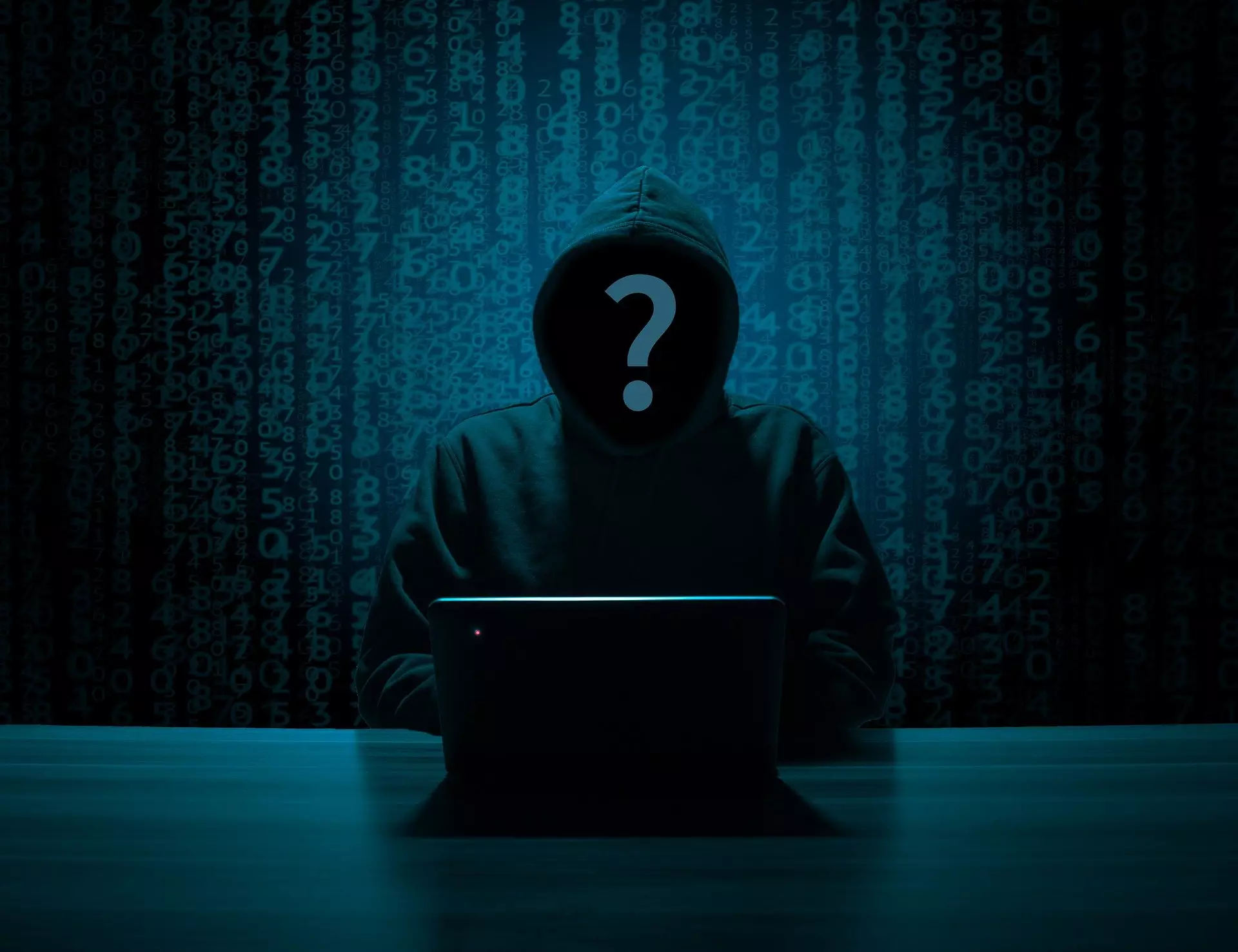The recent ransomware attack on London hospitals orchestrated by the Russian group Qilin has left a trail of chaos and uncertainty in its wake. The National Health Service (NHS) has revealed that the investigation into the attack could potentially stretch out over several weeks as the extent of the damage is assessed. Hundreds of operations and appointments have been disrupted as a result of the attack on NHS provider Synnovis, which primarily offers pathology services in the southeast of London. The attack not only impacted King’s College and Guy’s and St Thomas’ hospital trusts, but also affected clinics and doctors’ practices across the city, leading to a significant strain on essential services such as blood transfusions. The situation has been labeled as a “critical incident” by NHS staff, highlighting the severity of the attack and its repercussions on patient care.
Reports have emerged indicating that patient records may have been compromised and circulated online, raising serious privacy concerns. It has been revealed that nearly 400GB of data, including sensitive information such as patient names, dates of birth, and descriptions of blood tests, were shared on the dark web by Qilin. This data breach has exposed over 300 million patient interactions, including critical test results for conditions like HIV and cancer. As a response to this alarming development, a dedicated website and helpline have been established to assist affected patients. The potential implications of this breach for the individuals impacted are enormous, with many patients facing the prospect of having to undergo additional tests due to the compromised data.
The process of investigating such a sophisticated cyberattack is complex and time-consuming, as highlighted by NHS England’s statement acknowledging the challenges faced by agencies like the National Crime Agency and National Cyber Security Centre in verifying the data leaked by Qilin. The nature of ransomware attacks, where criminals paralyze computer systems and demand payment for their release, adds another layer of complexity to the investigation. Given the intricate nature of these attacks and the technical expertise required to unravel them, it is not surprising that such investigations can stretch out for weeks or even longer. The challenges associated with tracking down cybercriminals, particularly those operating from jurisdictions beyond the reach of Western authorities, further complicate the process of holding perpetrators accountable.
The ransomware attack on London hospitals serves as a stark reminder of the growing threats posed by cybercrime in the digital age. The costliness and disruptive impact of such attacks extend beyond financial losses to encompass critical services like healthcare, education, and governance. The vulnerability of essential services to cyberattacks highlights the urgent need for robust cybersecurity measures and proactive risk mitigation strategies. Organizations must prioritize cybersecurity investments, enhance staff training on cybersecurity best practices, and develop incident response plans to mitigate the impact of potential breaches. Collaborative efforts between public and private sector entities, law enforcement agencies, and cybersecurity experts are essential to combating the rising tide of cyber threats and safeguarding critical infrastructure from malicious actors.
The ransomware attack on London hospitals underscores the need for heightened vigilance and preparedness in the face of evolving cyber threats. By learning from past incidents, strengthening cybersecurity defenses, and fostering a culture of resilience, organizations can better protect themselves against the growing menace of cybercrime. The lessons drawn from this unfortunate incident must inform strategic decision-making and resource allocation to ensure the continued security and integrity of essential services in an increasingly digital world.


Leave a Reply